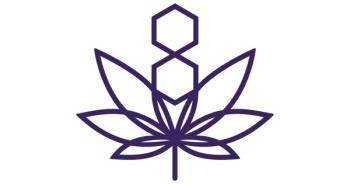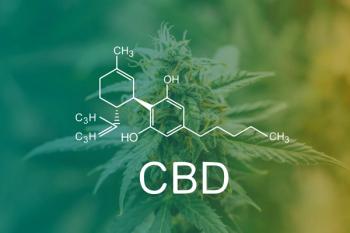
More Women Using Cannabis for Menopause Symptoms
Our sister publication, Contemporary OB/GYN, covered a recent study about the increased use of cannabis to manage menopause symptoms was observed among midlife women.
More women are using cannabis during or after menopause, according to a study highlighted at The Menopause Society Annual Meeting 2023.
The rapid growth of cannabis legalization and normalization has led to an increase in medical and recreational use in individuals of all ages. While young adults have been the primary users of cannabis in the past, adults aged 50 years and older are currently the fastest growing group of cannabis users.
While research has been conducted on cannabis usage habits in men and younger adults, there is a gap in data on the prevalence and characteristics of cannabis among women during or after menopause transition. To address this gap, investigators conducted a study including over 5000 midlife women.
The forms, frequency, and motives of cannabis use among postmenopausal women were evaluated. Results indicated common use of cannabis among this population, with over 40% of participants reporting the use of cannabis for medical or recreational reasons.
Cannabis was used to treat chronic pain by 28% of participants, anxiety by 24%, sleep problems by 22%, and stress by 22%. The use of cannabis to treat menopausal symptoms was reported by 6% of patients, with the main symptoms targeted being mood and sleep difficulties related to menopause.
Takeaways
- Growing Cannabis Use Among Older Adults: Cannabis usage is on the rise among adults aged 50 and older, making this demographic the fastest-growing group of cannabis users, in part due to the increasing legalization and normalization of cannabis.
- Limited Research on Menopausal Women: While there is existing research on cannabis habits in men and younger adults, there is a lack of data regarding the prevalence and characteristics of cannabis use among women during or after the menopause transition.
- Common Reasons for Cannabis Use: The study found that over 40% of postmenopausal women reported using cannabis for medical or recreational purposes. Additionally, 6% used cannabis to alleviate menopausal symptoms, primarily focusing on mood and sleep difficulties related to menopause.
- Forms of Cannabis Use: Smoking was the primary form of cannabis use reported by 56% of users, followed closely by ingesting edible products (52%). Approximately 39% of users reported using more than one form of cannabis.
- Daily or Near-Daily Use: Among participants who used cannabis in the previous 30 days, 31% reported daily or near-daily smoking, while 19% reported daily or near-daily use of edible cannabis products.
Cannabis use within the previous 30 days was reported by over 10% of participants. Smoking was the main form of cannabis use reported by 56% of users, followed by ingesting edible products by 52%. The use of 1 or more form was reported by 39% of users. Of participants with cannabis use in the previous 30 days, 31% reported daily or near-daily smoking, while 19% reported daily or near-daily edible cannabis product use.
"These findings highlight the need for recognizing and discussing cannabis use in the healthcare setting," said Stephanie Faubion, MD, MBA, medical director for The Menopause Society. "Additional research is needed to evaluate the potential harms and/or benefits of use."
Reference
- New Study Suggests Growing Use of Cannabis to Help Manage Menopause Symptoms. The Menopause Society. September 27, 2023. Accessed September 15, 2023.
Newsletter
Unlock the latest breakthroughs in cannabis science—subscribe now to get expert insights, research, and industry updates delivered to your inbox.




